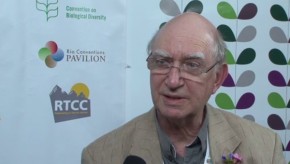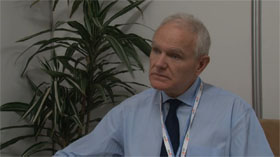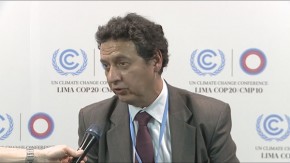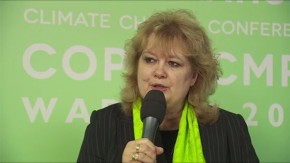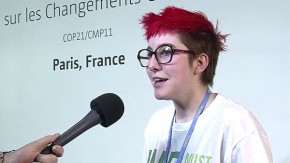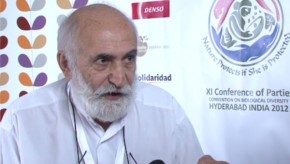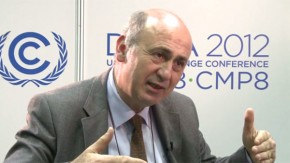Rio Conventions Pavilion TV, CBD COP11 (12/10/2012) – Peter Bridgewater, Chair of the Joint Nature Conservation Committee, a statutory adviser to the UK government, discusses how international environmental action has developed over the past three decades.
Bridgewater recounts his early work on environmental issues in the 1980s with the Australian government. He describes the 1980s as a decade with more opportunity to take action on environmental issues.
Bridgewater notes the missed opportunities of that decade as well as its successes, noting that although Margaret Thatcher was one of the first politicians to truly recognise that climate change needed to be addressed, she is rarely remembered for it. He describes the 1980s as containing ‘golden moments’, but largely moments with little long term impact.
Bridgewater sees the 1992 Rio Conventions as a real breakthrough, noting in particular the rapid progress on biodiversity which moved from being a entirely new word to being the subject of a UN convention in just six years.
Bridgewater laments, however, that the momentum of the original conventions had never been seen before and has never really been seen since. He notes in particular the lack of progress at the Rio+20 Earth Summit that took place earlier this year.
One explanation offered by Bridgewater for the lack of progress made by politicians is ‘information overload’. As politicians are overloaded with more and more information about environmental crises, Bridgewater sees them succumbing to desperation, choosing to ignore the issues rather than having the courage to face them.
Bridgewater argues that globally we know the solutions but putting them into practice is the problem. He praises the new CBD executive secretary, Braulio Ferreira de Souza Dias, for recognising this and shifting the focus of the CBD from policy to implementation.
